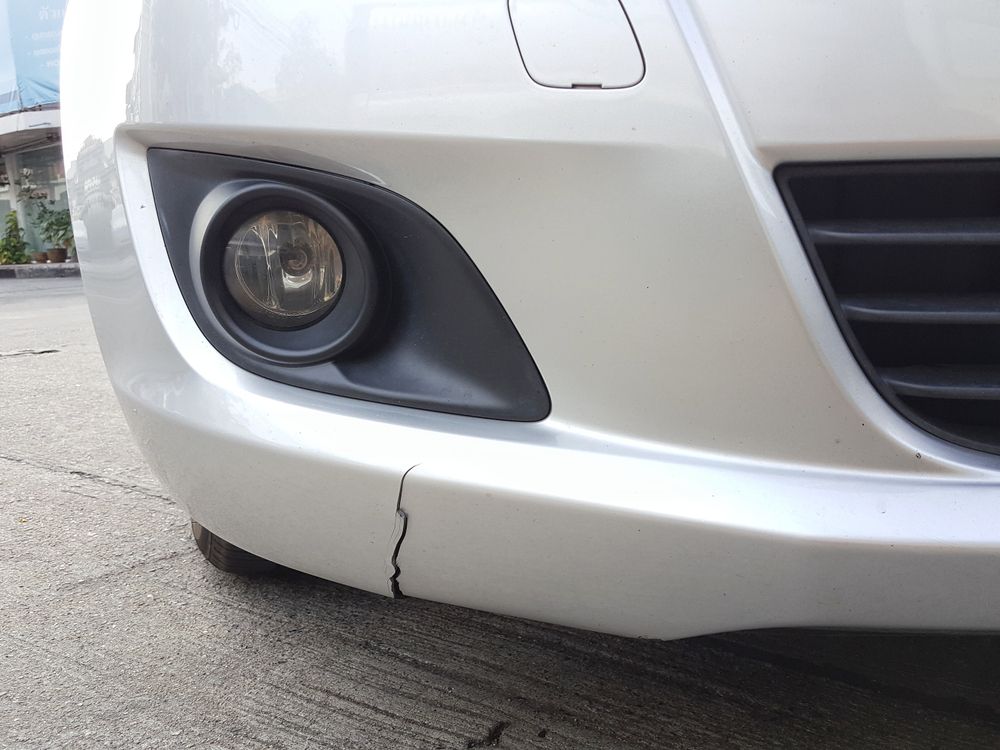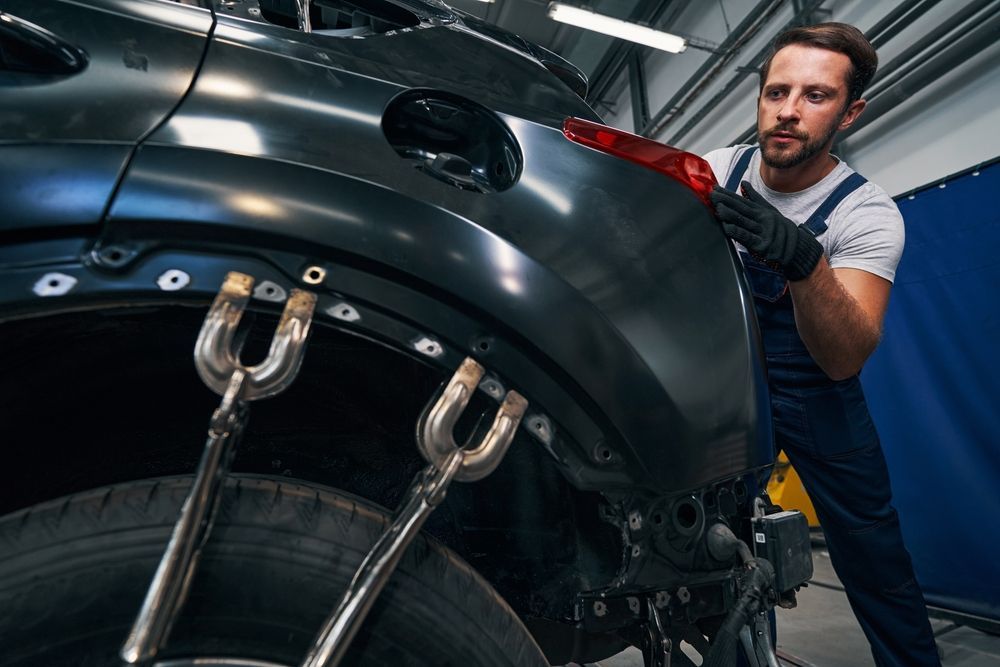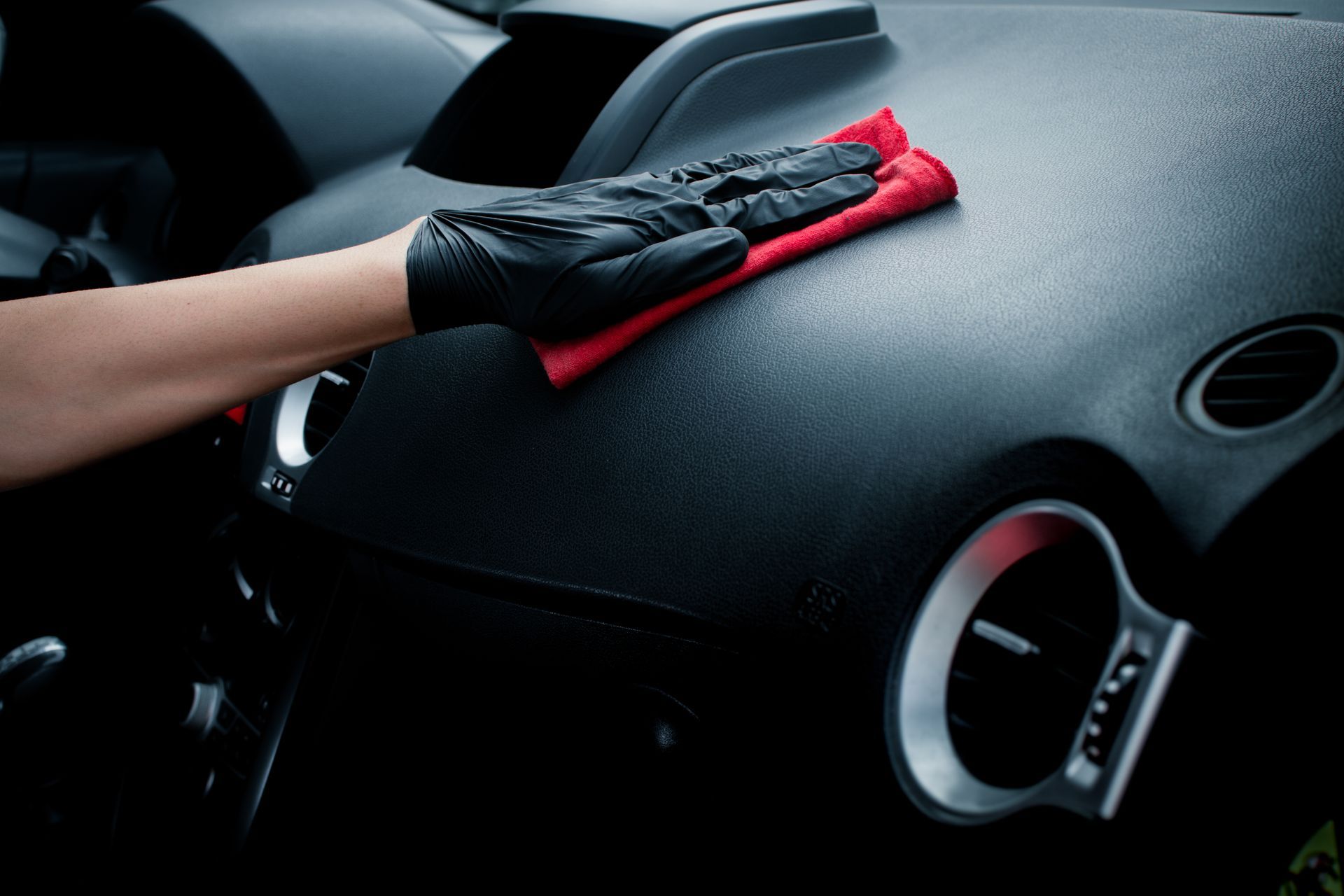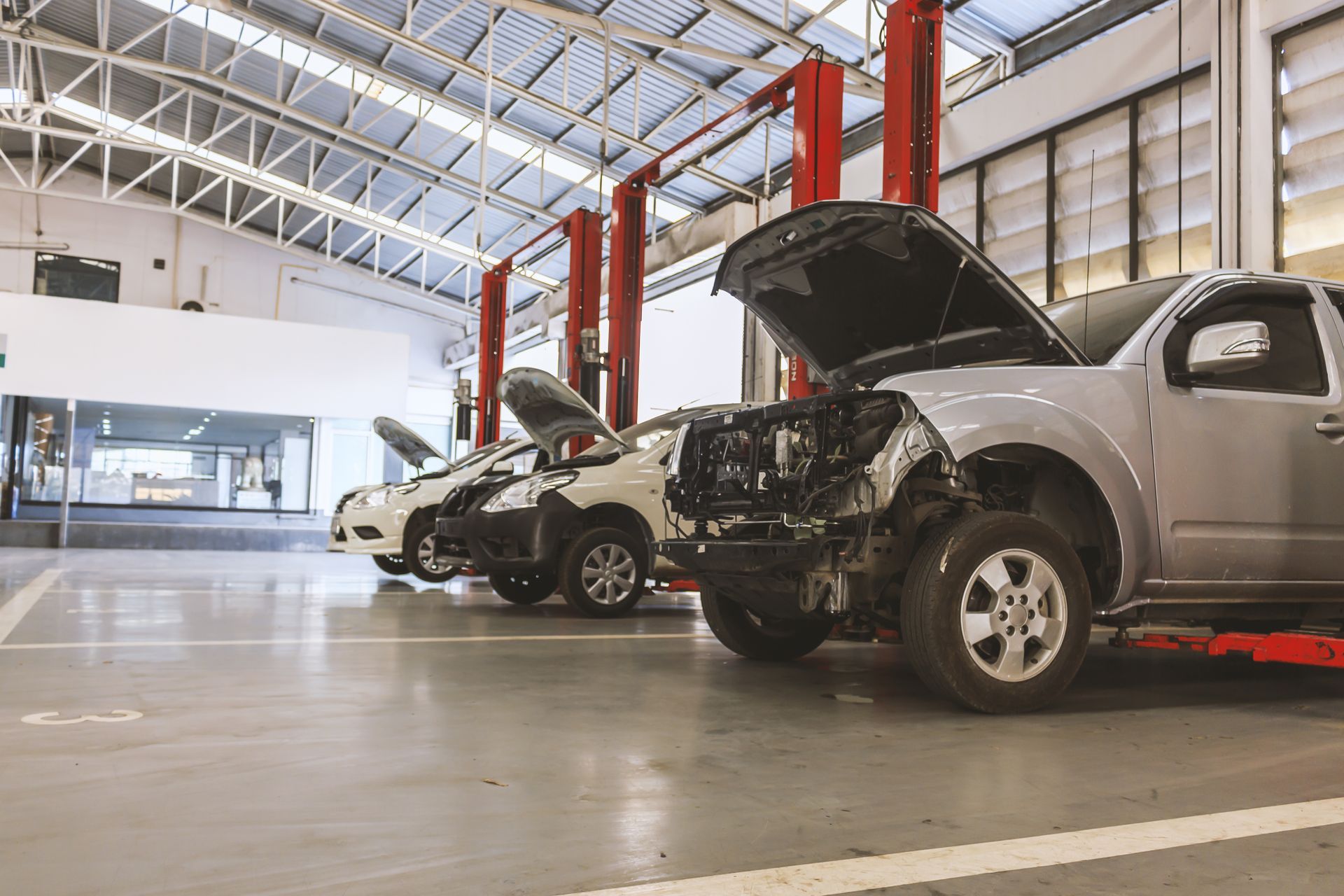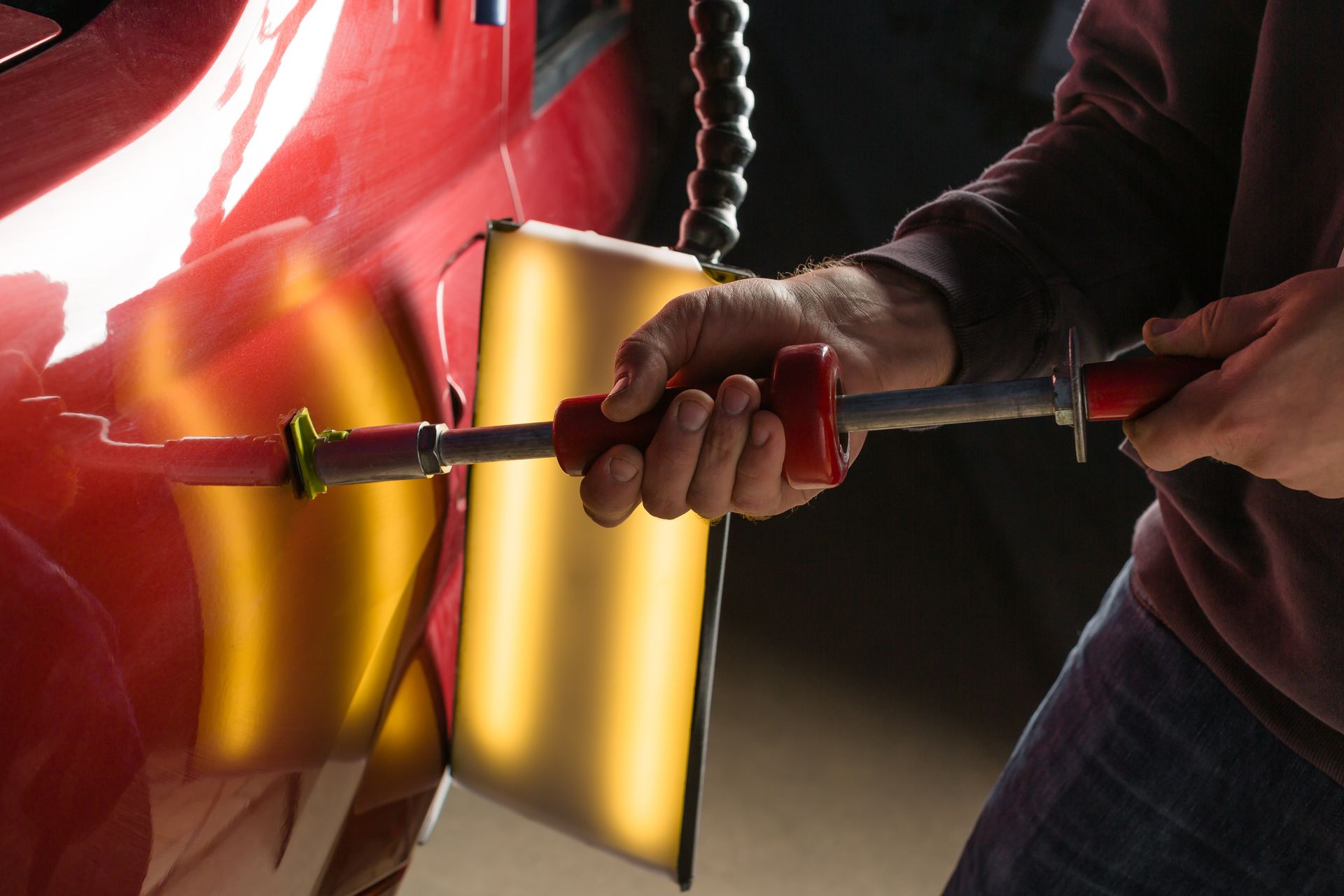Blog
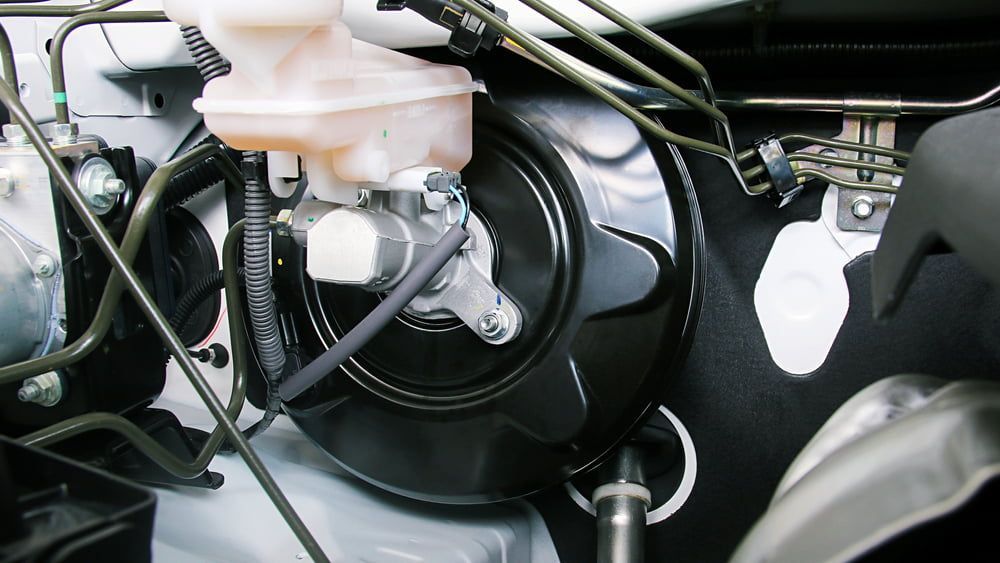
By Mark Meester
•
23 Aug, 2023
Manual or power brakes? When it comes to your classic car, you might be wondering what’s the better option. And the answer is that it really depends on what your goals are when it comes to your classic vehicle and how you intend to use the vehicle. In this post, we’ll discuss the basics of...
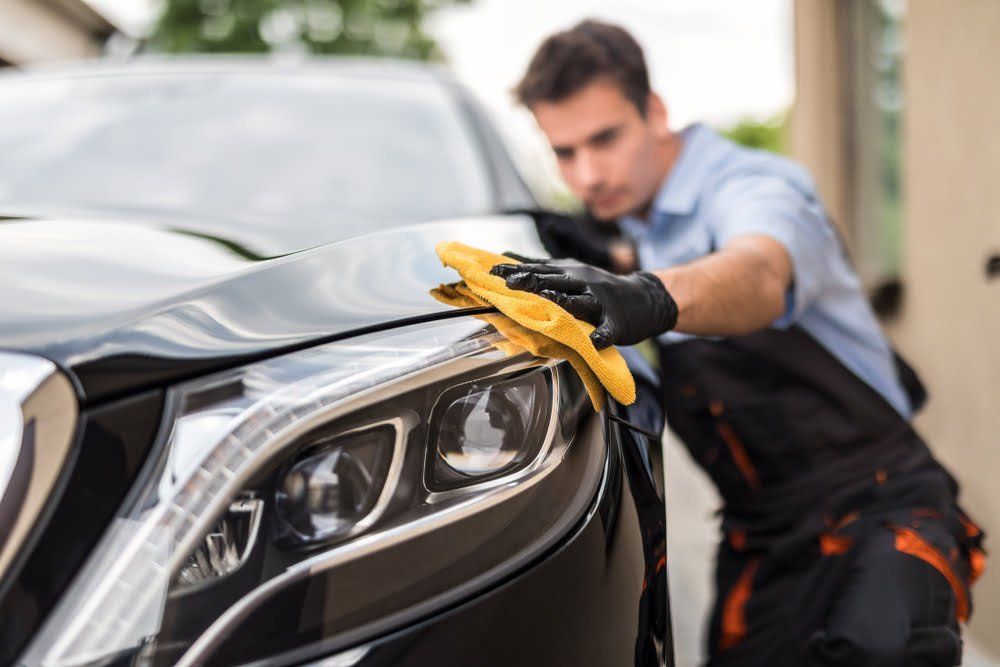
By Mark Meester
•
19 Apr, 2023
Vehicles are unique, compared to any other high-dollar purchase, in that they significantly depreciate the moment you leave the dealer’s lot. Despite this, there are ways to improve the value of your vehicle if you plan on selling it or just want to maintain that new car smell as much as possible.

207 Hoesly Drive, New Glarus, WI 53574
608.527.2246

